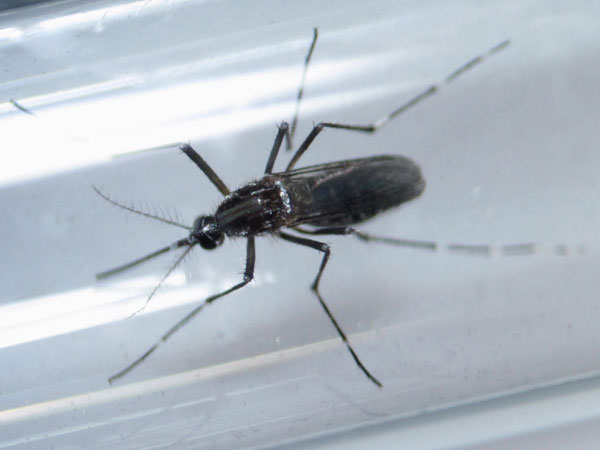
周一,佛罗里达新增了10名被蚊虫叮咬感染Zika病毒的案例,Zika病毒感染人数已达14人。美卫生官员警告怀孕妇女勿去迈阿密旅行。
CHICAGO/NEW YORK - US health officials warned pregnant women to avoid traveling to a neighborhood in Miami on Monday after Florida said it had 10 more cases of Zika caused by the bite of local mosquitoes, bringing the total to 14.
At the request of Gov. Rick Scott, the US Centers for Disease Control and Prevention is sending in a special emergency response team of eight disease experts to assist Florida in its investigation.
The state has been handling the investigation largely on its own since early July, when the first case of a possible Zika infection caused by local mosquitoes was suspected.
CDC Director Dr. Thomas Frieden said in a conference call that local mosquito control efforts have not worked as well as hoped, but so far, the outbreak does not appear to have traveled very far.
"Nothing we have seen suggests widespread Zika virus transmission," Frieden said.
The ongoing Zika outbreak was first detected last year in Brazil, where it has been linked to more than 1,700 cases of the birth defect microcephaly. Since that time the virus has spread rapidly through the Americas and its arrival in the continental United States had been widely anticipated.
On Friday, Florida said the first four cases of Zika in the state likely were caused by mosquitoes, the first sign that the virus is circulating locally, although it has yet to identify mosquitoes carrying the disease.
The 10 new cases announced on Monday bring the total to 14. Of these, 12 are men and 2 are women.
Dr. William Schaffner, an infectious disease expert at Vanderbilt University School of Medicine, said there is concern that people infected in Florida will travel to other areas of the country where Zika could then be spread through local mosquitoes there.
The CDC advised people returning from the affected area of Florida to use mosquito repellent for three weeks to protect their families and guard against further transmission at home.
It also recommended that women avoid getting pregnant for up to eight weeks after returning from the affected area.
The agency said that pregnant women who live in or traveled to the affected area after June 15 should be tested for Zika.
Florida health officials initially tested individuals in three locations in Miami-Dade and Broward counties, but ruled out two of those locations. Six of the 10 new cases are asymptomatic and were identified through a door-to-door campaign, which involved the collection of urine samples.
Infectious disease experts expressed doubt that the outbreak was contained to such a small area of Miami.
"To assume that it's just restricted to these few square blocks is presumptuous," said Dr. Peter Hotez, dean for the National School of Tropical Medicine at Baylor College of Medicine in Houston.
Hotez believes there are other likely local outbreaks occurring and that more can be expected in the next six weeks in Florida and other Gulf Coast states where the mosquito that carries the virus is common.







